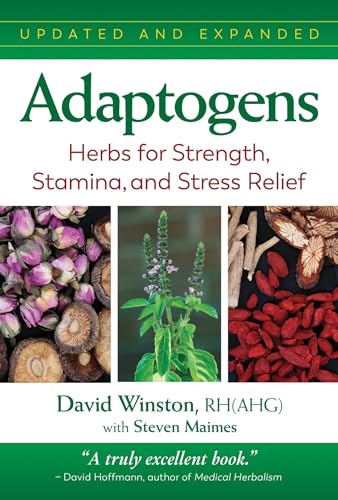Herbal Remedies for Managing Chronic Illness

Living with a chronic illness is like navigating a storm that never seems to clear. From the relentless fatigue to the unpredictable flare-ups, it’s a challenge that millions face daily. Autoimmune diseases, mixed connective tissue disorders, and other chronic conditions often leave sufferers in a constant search for relief. While modern medicine offers essential treatments, many are turning to the ancient wisdom of herbal remedies to complement their care.
We’ll delve into a selection of powerful herbs and supplements that can help manage the symptoms of chronic illnesses. From the calming effects of Ashwagandha to the immune-boosting properties of Reishi mushrooms, these natural allies can offer a much-needed respite. So, let’s explore how these remedies can enhance your wellness journey.
Understanding Chronic Illnesses
What are Autoimmune Diseases and Mixed Connective Tissue Disorders?
A chronic illness is a long-term health condition that persists for an extended period, typically more than three months, and often requires ongoing medical attention or limits daily activities. Unlike acute illnesses, which are sudden and short-lived, chronic illnesses develop slowly and can last a lifetime. Common examples include diabetes, heart disease, arthritis, and autoimmune diseases. Managing a chronic illness often involves lifestyle changes, medication, and sometimes complementary therapies to help control symptoms and improve quality of life
Autoimmune diseases occur when the body’s immune system mistakenly targets its own tissues, leading to inflammation and damage. Examples include rheumatoid arthritis, chronic connective tissue disorders (Lupus), and scleroderma. These conditions can affect multiple organs and systems, resulting in a variety of symptoms such as persistent joint pain, skin rashes, and severe fatigue.
Mixed connective tissue disorder, often referred to as an overlap syndrome, combines features of several autoimmune diseases. This can make diagnosis and treatment more complex, underscoring the importance of a multifaceted approach to care.
Conventional Treatments
Standard treatments for these conditions typically involve immunosuppressive medications, anti-inflammatory drugs, and lifestyle changes. However, these treatments can come with side effects, prompting many to seek complementary remedies. Enter: the world of herbs and supplements.
The Role of Herbal Remedies and Supplements

Why Consider Herbal Remedies and Supplements?
Herbal remedies offer a natural way to manage symptoms and improve overall well-being. Many herbs possess anti-inflammatory, immune-modulating, and antioxidant properties that can help mitigate the impact of chronic illnesses. When used alongside conventional treatments, they can enhance effectiveness and reduce reliance on pharmaceuticals.
Precautions and Safety
Before diving into the herbal apothecary, it’s crucial to approach these remedies with care. Proper dosing, sourcing from reputable suppliers, and consulting with healthcare providers are essential steps to ensure safety and efficacy. Remember, even natural substances can have powerful effects and interactions.
Top Herbal Remedies for Autoimmune Support
Turmeric (Curcuma longa)
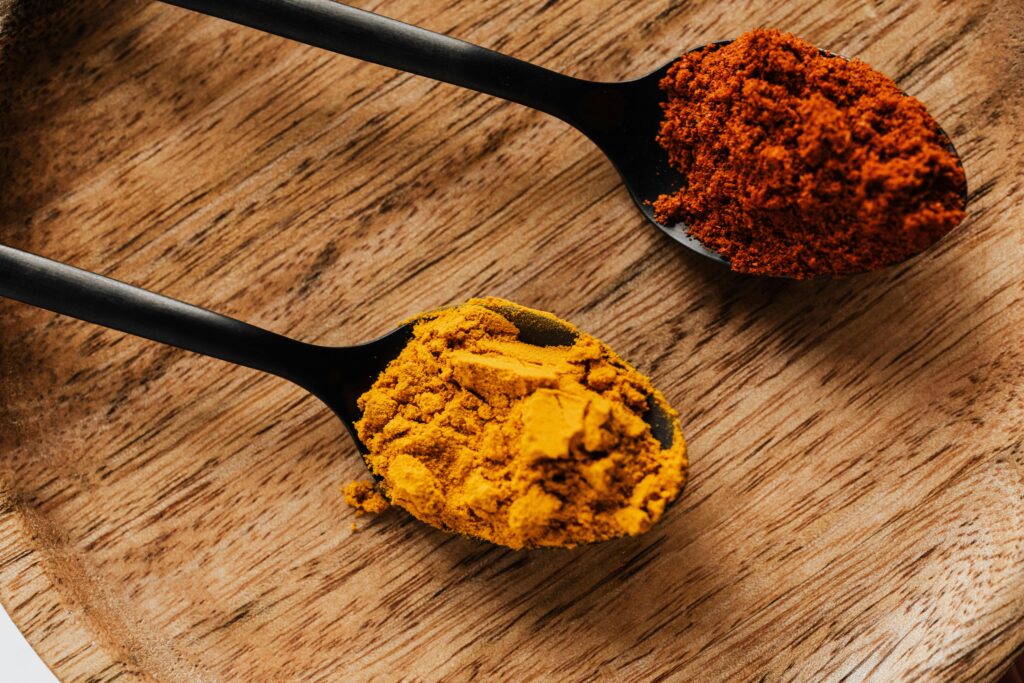
Turmeric is the golden spice that’s been spicing up health circles for centuries. Its active ingredient, curcumin, has potent anti-inflammatory and antioxidant properties. Incorporating turmeric into your diet can be as simple as adding it to soups, smoothies, or the classic golden milk latte. For more targeted support, curcumin supplements are widely available.
Reishi Mushroom (Ganoderma lucidum)

Known as the “mushroom of immortality,” Reishi mushrooms are a staple in traditional Chinese medicine. They’re celebrated for their ability to modulate the immune system, making them ideal for autoimmune conditions. You can consume Reishi in tea, powder, or capsule form to harness its full potential.
Ashwagandha (Withania somnifera)
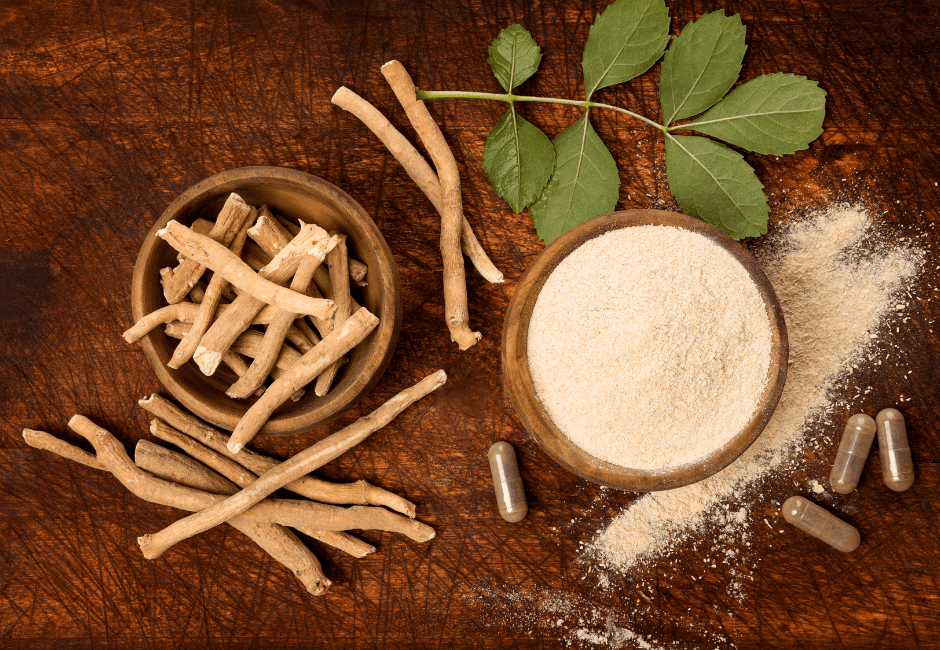
When stress feels like an ever-present companion, Ashwagandha steps in as an adaptogenic hero. It helps the body adapt to stress, reduces cortisol levels, and supports overall immune function. A daily dose of Ashwagandha, whether in tea, powder, or capsule form, can bring a sense of calm to the chaos.
Shiitake Mushroom (Lentinula edodes)
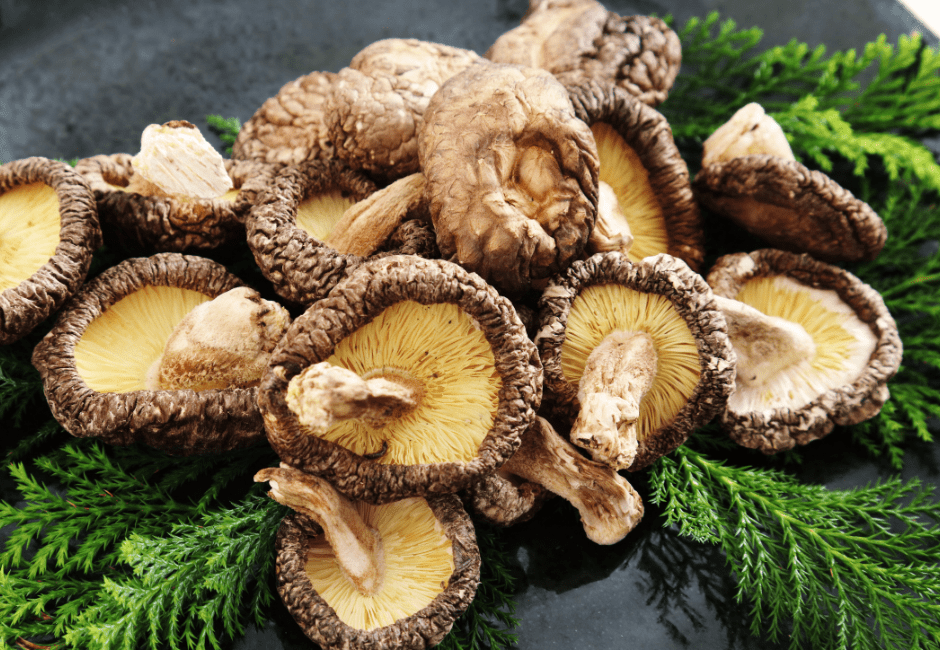
Shiitake mushrooms aren’t just for stir-fries. They’re rich in polysaccharides that bolster the immune system. Regular consumption, whether through dietary inclusion or supplements, can offer sustained support for immune health.
Cordyceps (Cordyceps sinensis)
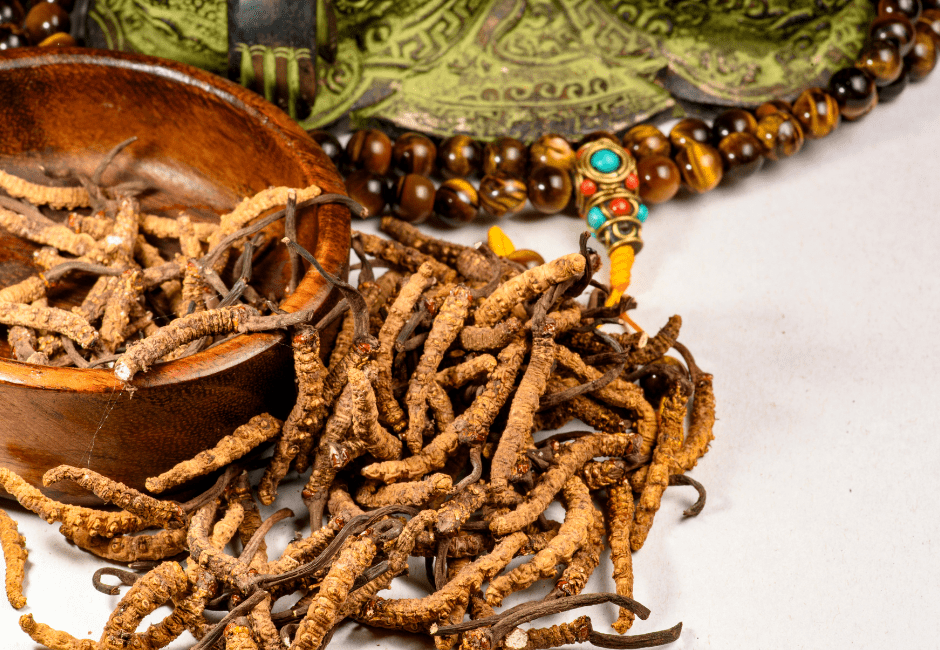
Cordyceps are renowned for boosting energy and enhancing immune function. These fungi are particularly beneficial for those experiencing chronic fatigue associated with autoimmune conditions. They can be taken as capsules, powders, or brewed into a revitalizing tea.
Lion’s Mane (Hericium erinaceus)

Lion’s Mane is a brain booster with potential benefits for neurological conditions. Its nerve-regenerating properties can be particularly helpful in autoimmune diseases that affect the nervous system. Enjoy it in your morning coffee or as a daily supplement.
Supporting Herbs and Supplements
Ginger (Zingiber officinale)
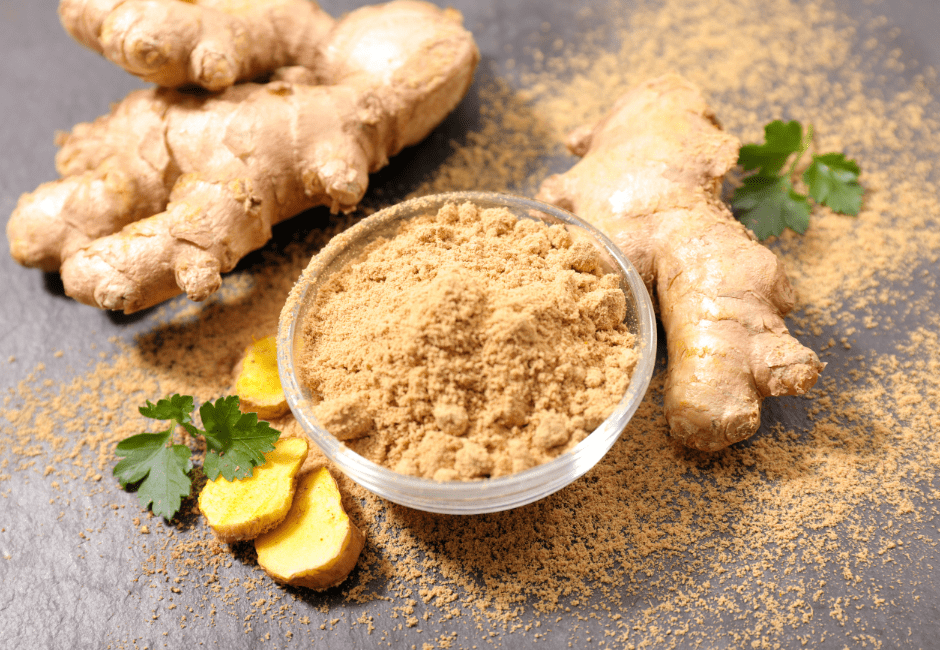
Ginger is a go-to for reducing pain and inflammation. It’s easily incorporated into meals, teas, or taken as a supplement. Its spicy kick not only adds flavor but also contributes to your health arsenal.
Green Tea (Camellia sinensis)
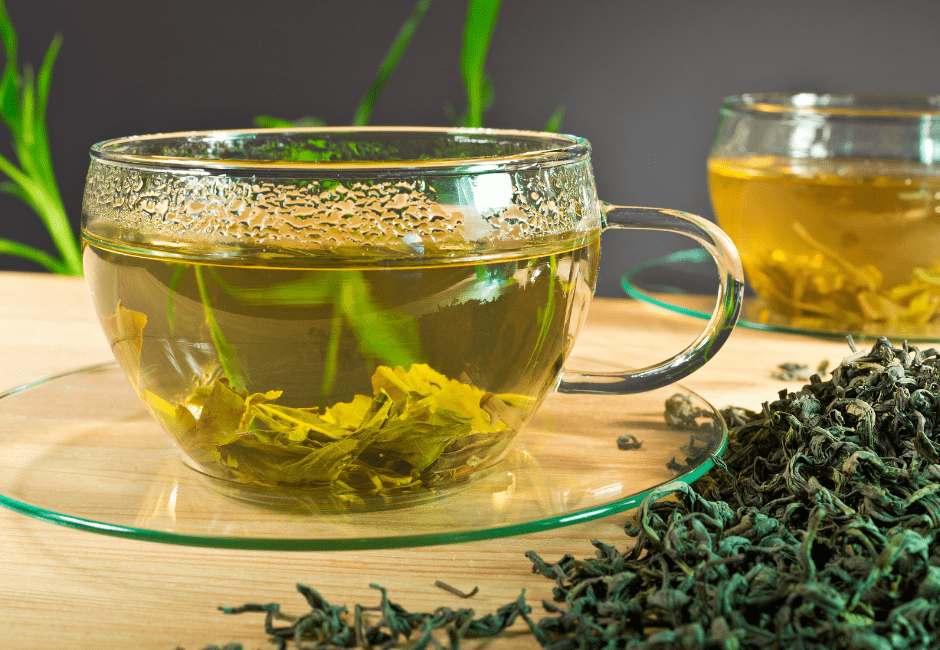
Rich in antioxidants, green tea is a simple yet powerful drink. Regular consumption can help mitigate inflammation and support immune health, making it a soothing addition to your daily routine.
Boswellia (Boswellia serrata)
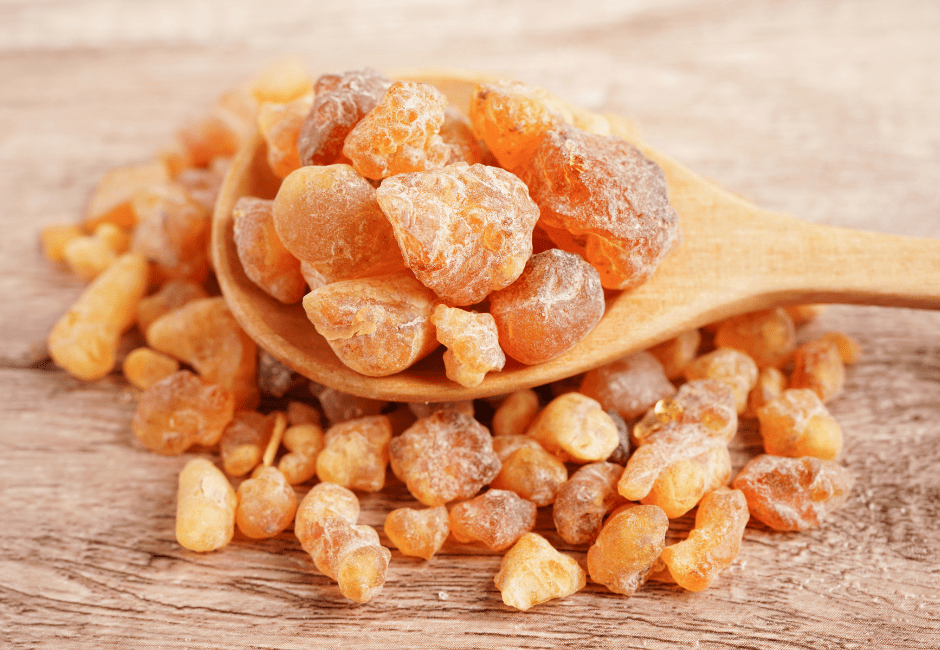
Boswellia, or frankincense, has been used for centuries to manage inflammation. Its extracts, available in capsules or creams, can help reduce joint pain and improve mobility.
Aloe Vera
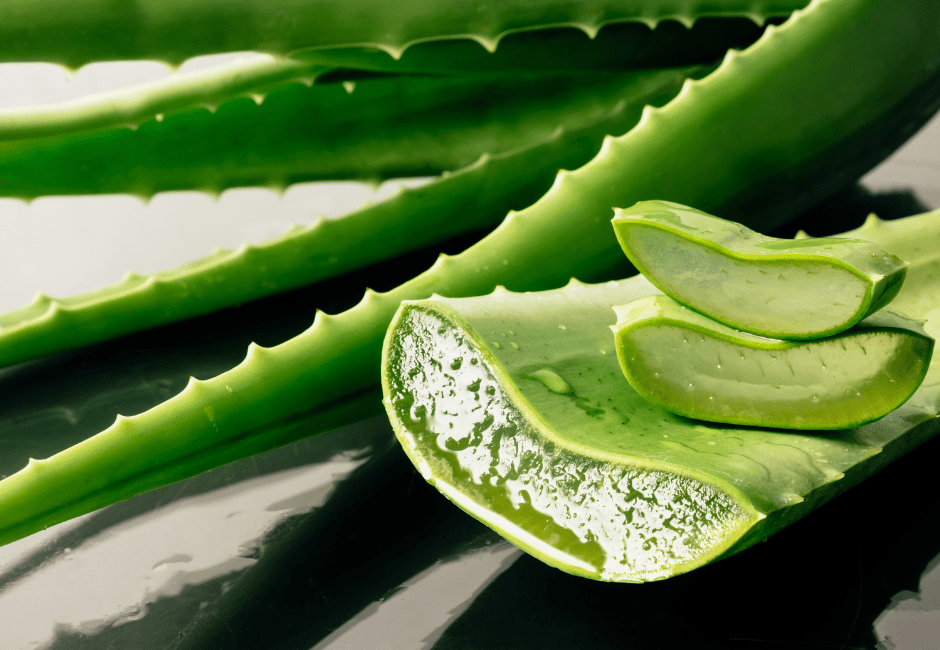
Aloe Vera’s soothing properties extend beyond sunburn relief. It’s effective in calming skin-related symptoms of autoimmune conditions. Apply it topically or take it orally to tap into its benefits.
Flaxseed
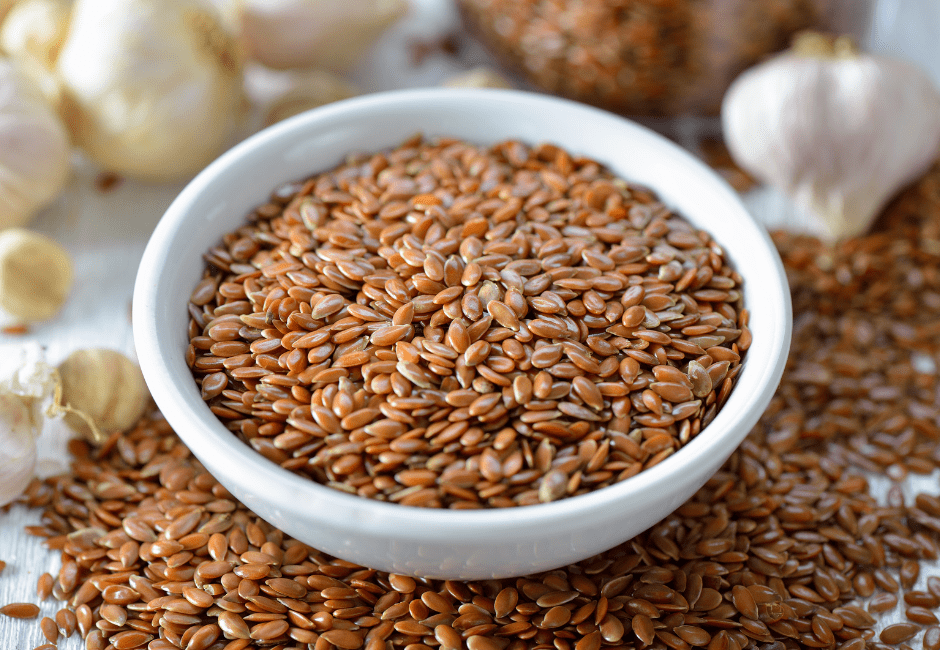
Packed with omega-3 fatty acids, flaxseed helps combat inflammation. Sprinkle it on salads, blend it into smoothies, or take it as an oil supplement for a simple health boost.
Magnesium

Magnesium is essential for muscle and nerve function. Chronic illnesses often deplete magnesium levels, so supplementation can alleviate muscle cramps and improve overall well-being.
Moringa (Moringa oleifera)
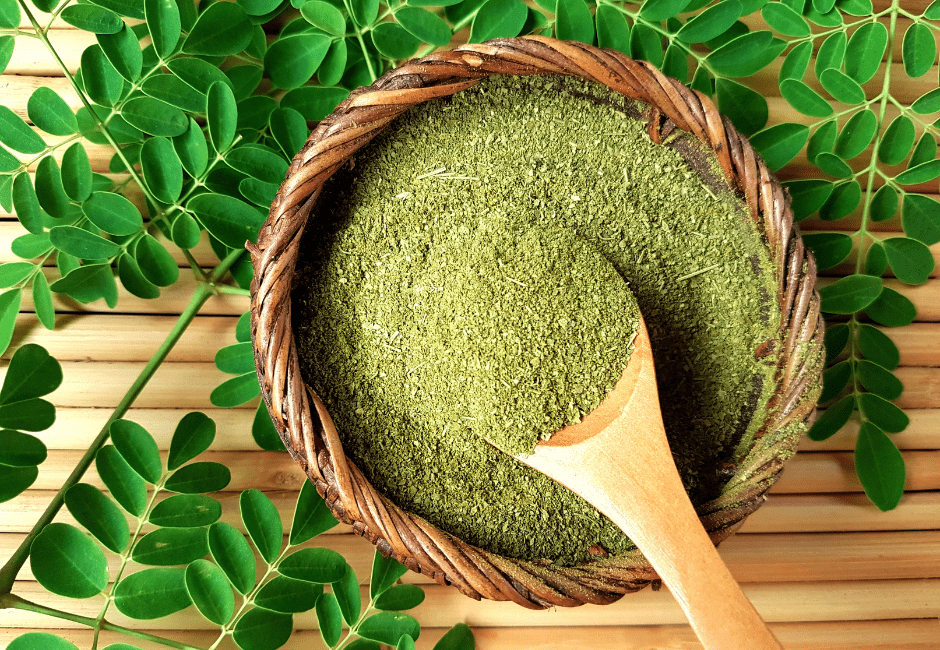
Moringa is a nutrient powerhouse. Rich in vitamins, minerals, and antioxidants, it supports overall health and can be taken as a tea, powder, or capsule.
Fenugreek (Trigonella foenum-graecum)
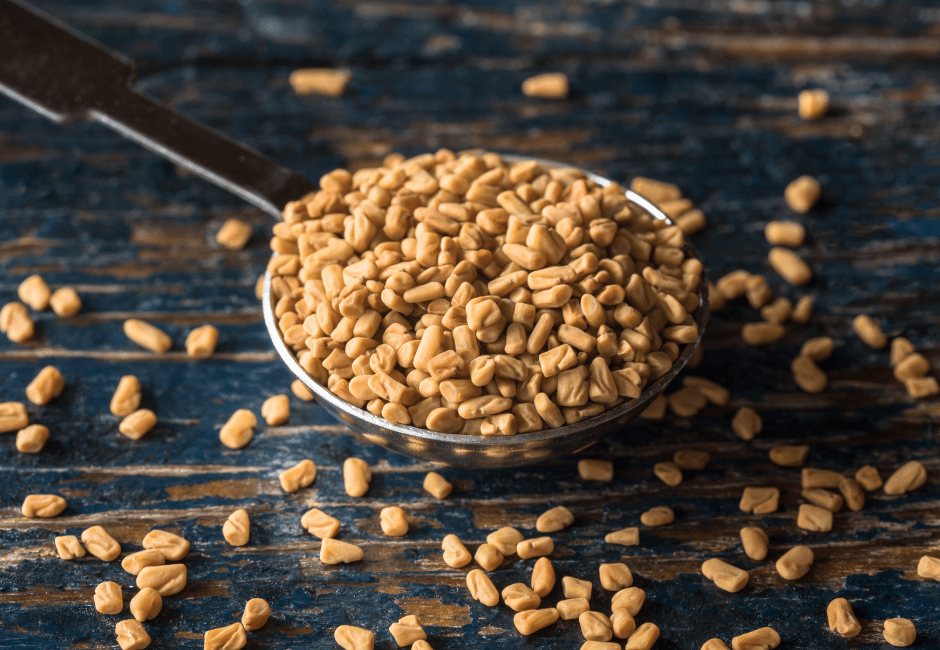
Fenugreek seeds are known for their anti-inflammatory and antioxidant properties. Add them to your meals or take them in capsule form to help manage chronic symptoms.
Baobab (Adansonia)

Baobab is loaded with vitamin C and other essential nutrients. It’s a fantastic addition to smoothies or juices, offering immune support and reducing inflammation.
Elderberry Syrup

Elderberry syrup is a favorite for boosting the immune system. Take it daily during flare-ups or as a preventive measure to keep your immune system in check.
MSM Powder (Methylsulfonylmethane)
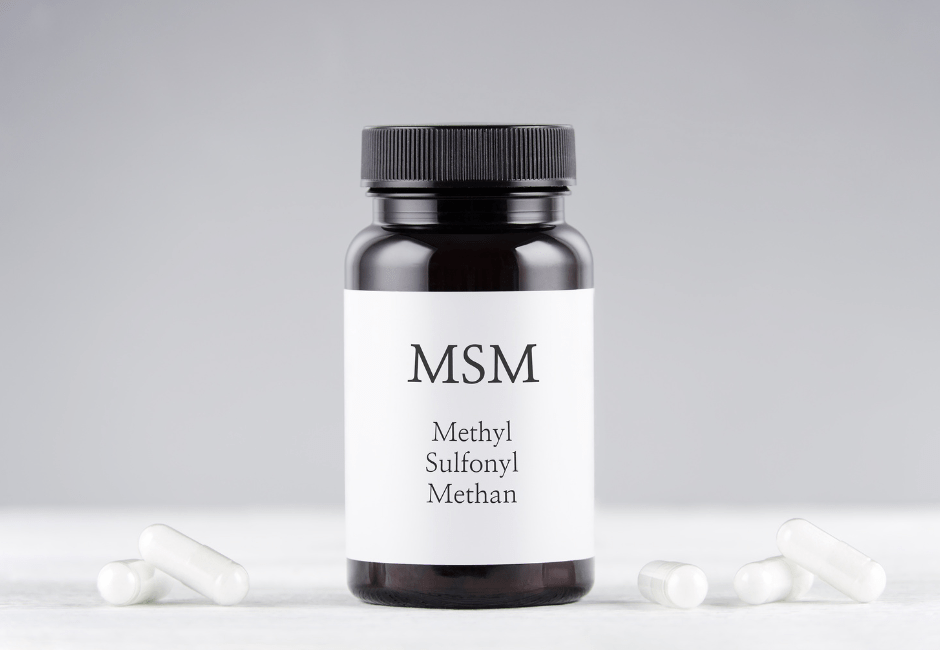
MSM is a sulfur-containing compound that helps reduce joint pain and inflammation. It’s available in powder form and can be mixed into water or smoothies for easy consumption.
Lifestyle Changes to Enhance Herbal Treatments
Dietary Adjustments
Adopting an anti-inflammatory diet can greatly enhance the effects of herbal remedies. Focus on whole foods, plenty of fruits and vegetables, and healthy fats while avoiding processed foods and sugars.
Stress Management
Chronic stress exacerbates autoimmune conditions. Incorporate stress-reducing practices like yoga, meditation, or even regular walks in nature to complement your herbal regimen.
Regular Exercise
Staying active is crucial, but it’s important to choose gentle, low-impact exercises that don’t strain the body. Swimming, tai chi, and light stretching can help maintain mobility and reduce stress.
Living with a chronic illness doesn’t mean surrendering to a life of discomfort. By exploring the world of herbal remedies and supplements, you can discover new avenues to support your health. Remember, while these natural options can be powerful allies, they’re most effective when used alongside conventional treatments and under the guidance of healthcare professionals.
So, whether you’re sipping on a cup of green tea or sprinkling flaxseed on your morning oatmeal, these small, natural steps can lead to big improvements in your quality of life.
Additional Resources
Book Recommendations
Affiliate Disclosure
This blog contains affiliate links, which means I may earn a commission if you click on a link and make a purchase or subscribe to a service. As an affiliate marketer, I partner with various companies and receive compensation for promoting their products or services. This in no way affects the opinions or recommendations I give.
Adulting Like A Grown-Up is a participant in the Amazon Services LLC Associates Program, an affiliate advertising program designed to provide a means for sites to earn advertising fees by advertising and linking to Amazon.com.

